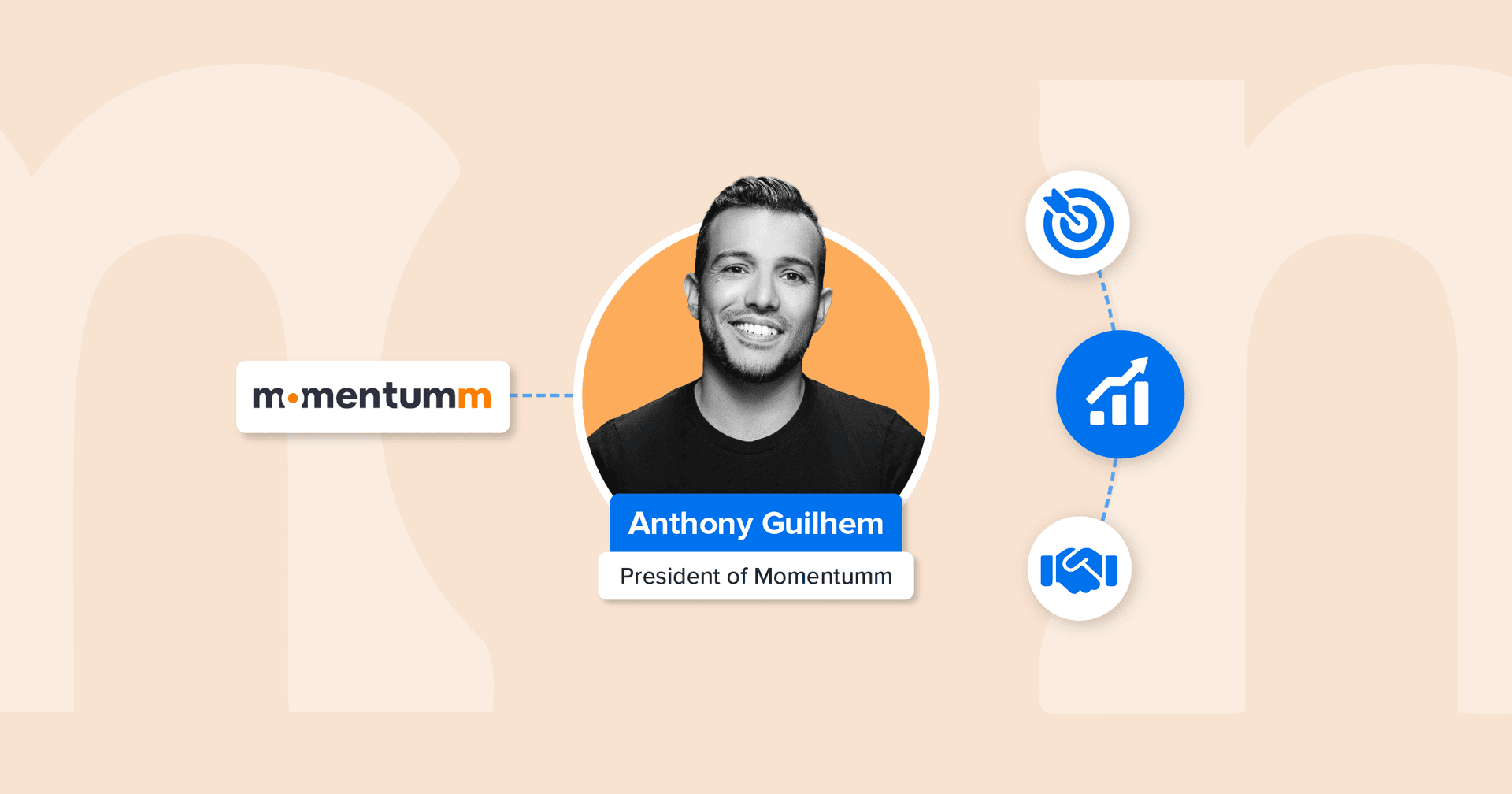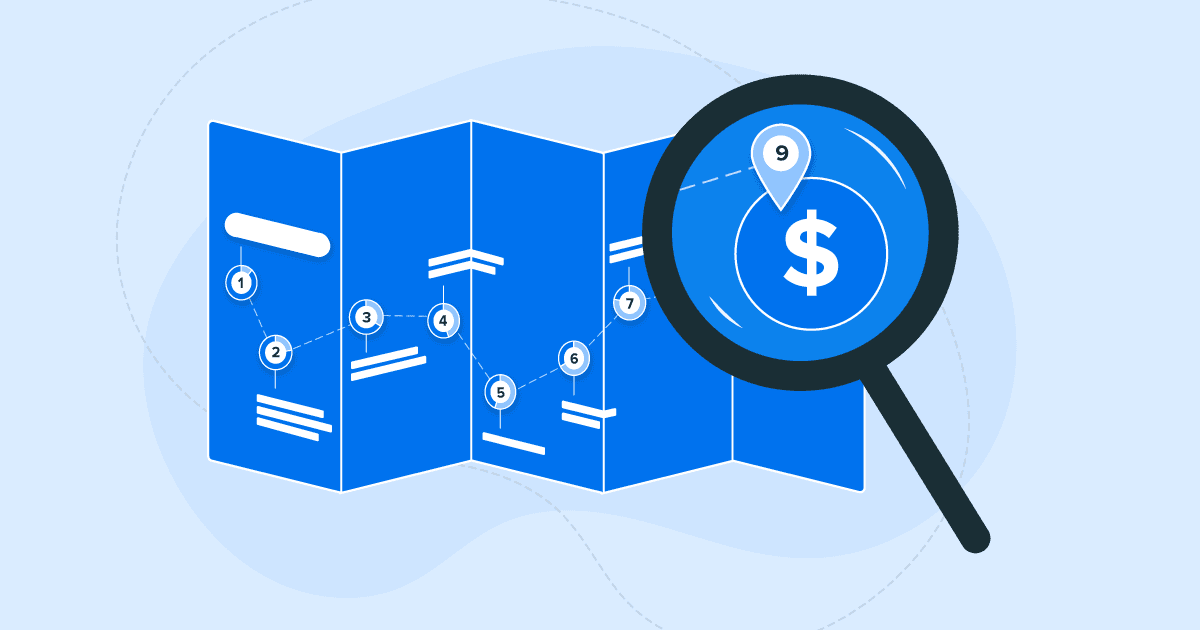Table of Contents
QUICK SUMMARY:
Agency culture, the shared beliefs and values guiding an agency's actions, significantly impacts team motivation and productivity. Explore the different ways to build a strong culture to retain top talent and enhance overall performance, for both in-office and remote work.
A positive culture is the glue that sticks your agency together. It impacts your day-to-day activities, your team’s motivation, your sense of well-being, and, ultimately, your agency’s productivity.
Let it slip, and it can be the elephant in the room that causes your growth trajectory to halt to a grinding stop.
This article will look into how to build and maintain a strong culture that will turn your agency from just good to great–one that will last into the future by retaining better talent over the long run.
What Is Agency Culture?
Agency culture is the set of beliefs and customs that guide your employees’ actions. It includes ethics, values, goals, and attitudes that affect every touchpoint–from interpersonal relationships to the end results your clients see.
The culture you set for your agency will depend on your set of beliefs and values–as well as the types of people you want to work with. For example, you might have a market culture–one that values internal competition and rewards winners–or a more creative and relaxed clan culture that treats employees like family and strengthens interpersonal connections.
Which one are you? You might be somewhere in between, but as we dig further into this topic, you’ll see that eight foundational core values will help you set the tone for your agency culture.
Why Does Great Culture Matter So Much in an Agency?
How often do you ask yourself: what makes my employees happy to come to work every day and do their best work, and bring in their best ideas to the table?
While your agency might have started out with clearly defined values in the early days, it’s not something to set and forget. Or perhaps it is clearly defined, but you struggle to get your new team members on the same page as you scale.
Not defining and restating your agency’s organizational culture–or not integrating it into your agency’s DNA can result in a lack of clarity, low morale, and high turnover.
Agency culture is all about attitude–not aptitude. It's about finding clients and employees that are a good fit to create a workplace that prioritizes well-being, empathy, trust, respect, and empowerment–and taking initiative. Of course, defining these to build a strong culture where everyone is going in the same direction takes time.
Here’s an example of Dilate Digital’s organizational culture defined by six core values–they even have it plastered on their office walls so their employees see it every day they come to work.

How Positive Agency Culture Impacts Your Business
It is a commonly held belief that healthy organizational culture is integral to a company’s success. Just as in any business or organization, agency culture impacts the way your employees feel about the work they do.
Positive agency culture:
Impacts happiness and work satisfaction to attract and retain better talent and grow your agency,
Differentiates your agency from the competition to get more clients, and
Improves project management which influences your bottom line.
In fact, over half of respondents in a Glassdoor study said that company culture influences job satisfaction more than a large salary. Your culture–aka your vision and values–ties into your agency’s actions and ultimately, your output:
Happy people are productive people. And happy people are going to perform better in all areas of their lives. It sounds simple, but a lot of agencies get it wrong. They just don’t put enough time into their people.
Bodie Czeladka, Creative and Managing Director at Dilate Digital
Here are some interesting stats:
75% of respondents said that they would research a company’s culture before applying for a new job position
Satisfied employees are 12% more productive than the average worker
63% of US companies find it harder to retain workers than to hire them
69% of employees said they would work harder if they received more recognition
How Does Agency Culture Impact Employees?
An agency is only as good as the people behind it.
Let’s take a look at the trickle-down effect of organizational culture on employees’ attitudes and their effects.
1. Employee Morale
When it comes to morale, think about what you need to do to engender a feeling of appreciation. Beware of low employee morale–it is contagious and can appear in the following forms:
Chaotic working conditions like impossible deadlines, conflicting goals, lack of prioritization, and generally poor management
A toxic work environment like petty behavior and office gossip
Lack of internal communication and sharing of information between team members and departments
In a recent study on organizational culture, employees were asked what people they thought would improve their company’s culture. It turns out they wanted the following five things:
⭐ Better rewards and recognition
⭐ Better mental health and well-being initiatives
⭐ Improved communication from senior leaders
⭐ More opportunities to interact with other colleagues (remote agencies, we’re talking to you!)
⭐ Improved diversity, inclusion, and equality initiatives in the workplace
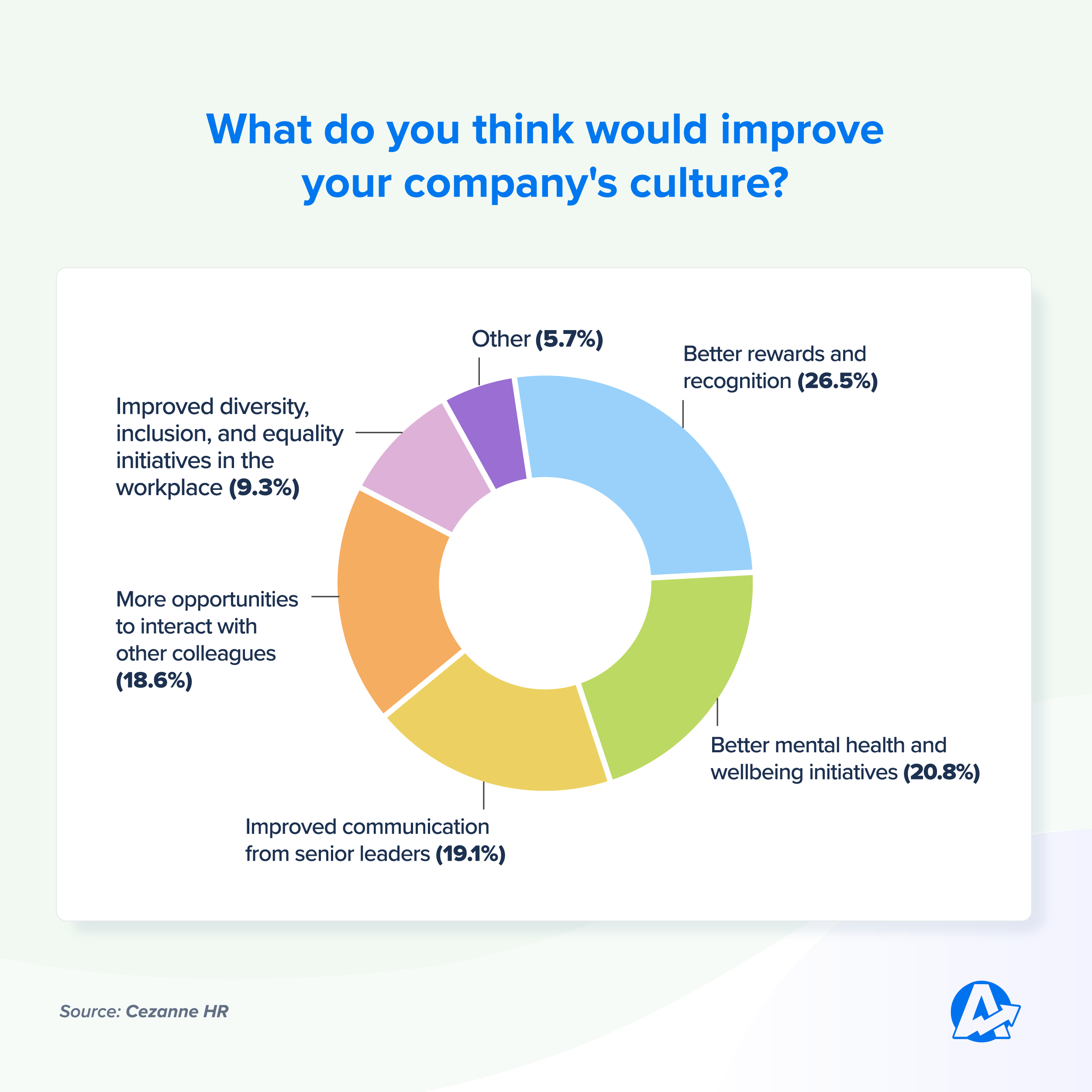
It's really about if you're happy at work every day. And what makes us happy at work every day is working around cool people and having an office with some nice little accommodations. We've got a nitro cold brew on tap with a kegerator at the office--it was a work efficiency move as well as a creature comfort.
Michael Gasser, Co-Owner/Partner, Squeeze Marketing
Do you recognize successes and take care of your employees? Do you continually work on your diversity and inclusion? How often do your employees communicate with their managers and senior leaders? Think about those when creating your recurring company meetings and see how you can promote a positive work culture at every company interaction–even in the office kitchen.
2. Employee Churn
The four things that commonly cause employee churn:
Churn Factor #1: Lack of Career Growth and Progression
If your agency's culture doesn’t promote career development and growth opportunities, they might feel like their jobs–their daily bread–is turning stale. And they’ll jump ship. Incorporate continuous learning into your agency workflows, give them control over what they do, and invest in your employees’ career development.
A big part of our brand values includes empowerment and that's a big part of what we do with our culture as well. We give our team a lot of wiggle room to come up with their own strategy, to look after their own schedules, and let them know that we have trust in them to do the right thing for their clients.
Hayley Peters, Co-owner at OhMyDigital
Churn Factor #2: Lack of Innovation
Marketing is a continuously changing and adapting career. Ensure your agency is staying on top of the trends and trying new things to continually improve workflows, get creative, and execute better campaigns.
Churn Factor #3: Ineffective Management
At the end of the day, is your employee leaving the company, or is it leaving its management? Employees who aren’t happy with their supervisors are four times more likely to quit.
Hayley adds:
We're really honest with each other. We're making sure that our team knows if they have too much on their plate that they can always reach out to us and ask for help.
Churn Factor #4: Lack of Compensation
If employees could get a 10-20% increase in salary for switching agencies as opposed to a mere 3% annual increase for staying with the same company, which do you think they’ll choose?
Your agency culture plays a large role in retaining talent, but you can't rely on culture alone. If your team is improving your agency’s bottom line, they deserve the recognition. Hold regular compensation reviews to ensure their pay is on par with industry standards–as well as the competition.
Agency Tip: There are more things than financial compensation alone. Offer bonuses, perks, and benefits like flexible working hours, childcare benefits, and various reimbursements to make up for any pay gaps.
3. Employee Engagement
Regardless of your agency structure, social ties are important. Employee engagement is the relationship between a company and its employees. It relates to the feelings they have towards the work they do and their feelings about their fellow team members.
If your team is enthusiastic about what they do, they will be more committed to their work. And if you’re managing a remote agency, keeping your team engaged can be tricky.
To avoid a feeling of disconnectedness, some agencies organize regular meet-ups and social activities. Virtual social activities like fun team-building games can help remote workers connect and feel part of the team.
As you can see, culture building ultimately impacts a team’s motivation–which in turn influences project management, productivity, and performance.
Defining Your Agency Culture
Here's a hot tip: Define your agency's cultural beliefs early on!
An agency’s culture should be defined by the leadership team and promoted by its managers. In fact, management plays an essential role in culture building.
The first step to developing your culture is to start early and formalize it.
What Core Values Set the Tone for Your Agency Culture?
When you break down your agency culture into foundational values, you create a common vocabulary that everybody can understand and use.
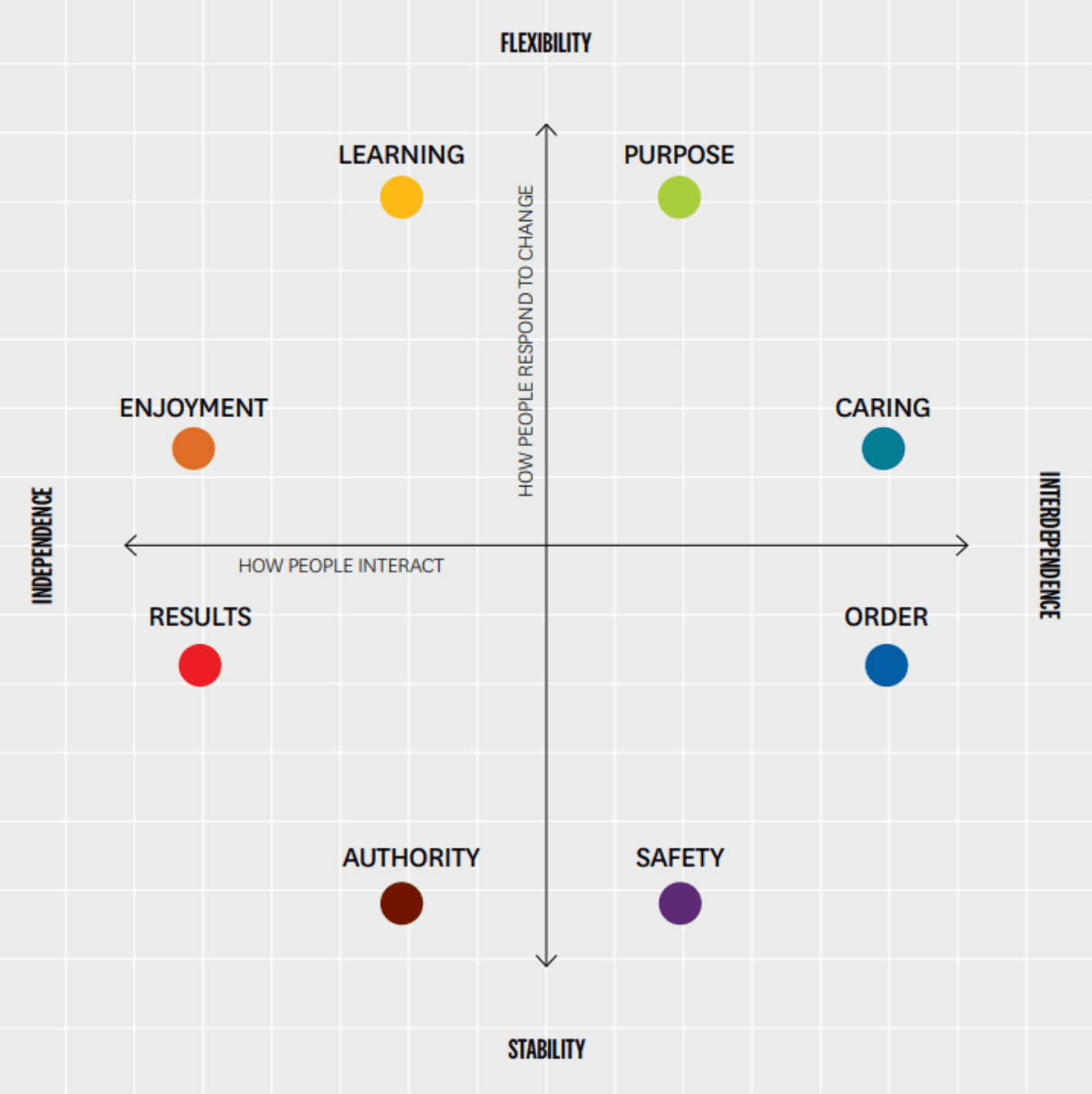
First, you’ll need to pick and choose from different organizational culture styles. In "The Leader's Guide to Corporate Culture," they have boiled it down to 8 types:
Caring: focused on relationships and mutual trust
Purpose: exemplified by idealism and altruism
Learning: characterized by exploration, expansiveness, and creativity
Enjoyment: expressed through fun and excitement
Results: characterized by achievement and winning
Authority: defined by strength, decisiveness, and boldness
Safety: defined by planning, caution, and preparedness
Order: focused on respect, structure, and shared norms
Think about what values your agency prioritizes, and select five or six of them in actionable terms.
Though we aren’t an agency, here’s an example of the core values that shape AgencyAnalytics’ organizational culture:
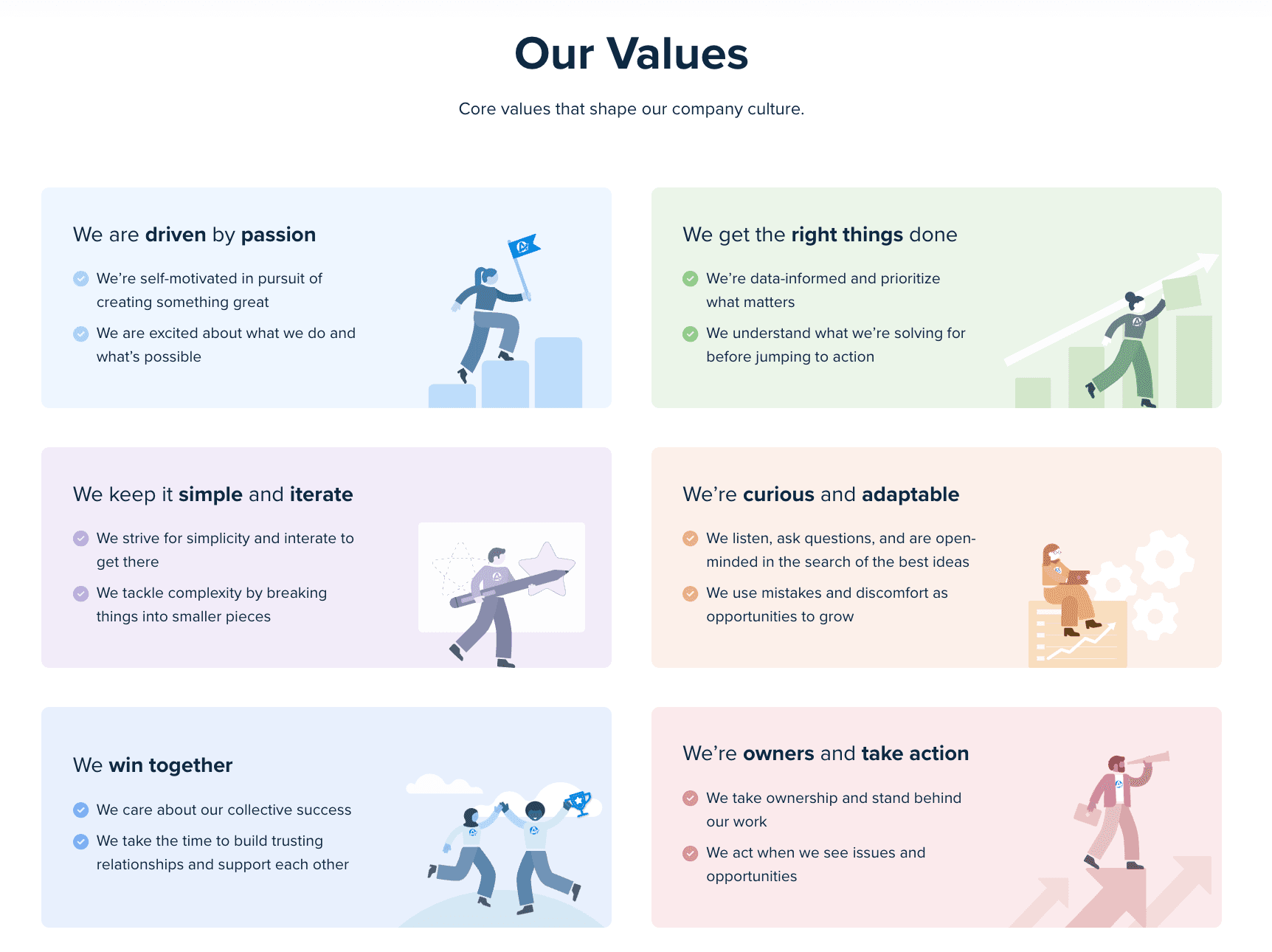
The core beliefs mentioned above all promote personal and professional growth, engender respect, and hold employees accountable for their work. For instance:
⭐ Supporting colleagues and caring for their wellbeing
⭐ Learning from mistakes and iterating to do better
⭐ Emphasizing meaningful aspects of their work
⭐ Prioritizing values such as respect, integrity, trust, and gratitude
A lot of your agency’s culture will depend on your goals, beliefs, and cultural attitudes. And since culture is such a human element of your organization, it impacts employee retention agency culture changes with the behaviors of the people working for you.
As such, it needs to be continuously updated and reminded to keep everyone on the same page.
How To Scale Your Agency Culture
By having a clearly defined culture that translates into your agency processes and project management, new employees will be onboarded with the culture top-of-mind as you grow your operations.
Culture Building with New and Existing Employees:
It’s important to keep existing and new employees on the same page–and management plays a key role in promoting a positive culture.
Having a clearly defined culture not only helps you retain your employees but also helps you assess the kind of people you bring onto your team. At the end of the day, agency culture is the driving force behind your agency’s success.
Here are some tips for incorporating culture into your agency’s structure:
🚀 Continue to state your agency’s values at every opportunity–this includes your recurring meetings, company get-togethers, and marketing collateral like website and press releases.
🚀 Include core values into your employees’ performance reviews so they know how they’re tracking not only on their tangible goals but also on their behavior.
🚀 Recognize and reward your employees’ accomplishments–whether giving employee of the month awards, having a Slack channel that celebrates #wins, or mentioning how an employee exemplified an agency value.
🚀 Incorporate it into your hiring and onboarding so that you’re not just evaluating them on their skills, but on their attitudes and beliefs as well. Having a clearly defined culture not only helps you retain your employees but also helps you assess the kind of people you bring onto your team.
Our goal is to build lasting relationships with carefully chosen partners–that extends to our dental partners as well as future team members. And that's supported by our four values, which are curiosity, being neighborly, being balanced, and being positive. And we ask a lot of questions that relate to those values before they join Delmain. Then it's a matter of making sure that they have the right support from us to thrive.
Dan Delmain, Founder of :Delmain
🚀 Don’t be afraid to let go of clients or employees that aren’t a good fit for your culture.
Some agencies decide to change their niche altogether in order to have clients they actually want to work with.“Some of our medical clients would treat us like a nurse that worked for them in the hospital and say things like ‘Why don’t you just do that for me?’” recalls Trevor Shirk, CEO & Founder of Terrayn Dispensary Marketing.
Instead, he switched to the Cannabis niche. “We’ve always been helping the underdogs. The businesses that are local in their communities and have a dream and a vision for their business. We want to help them achieve it,” he smiles.
Continuous culture building boosts employee morale and engagement–and helps reduce turnover. Recognition and positive reinforcement go a long way.
The Do’s & Don’ts When Creating a Strong Agency Culture
It can be hard–at first–to establish a clear organizational culture because a lot of it is based on unspoken attitudes, mindsets, and social behaviors. But if it’s managed properly, culture can be the defining factor for agencies to rise above the competition, create a happy workplace your employees want to come to every day, and become truly great.
No matter which type of culture your agency has, here are some general guidelines to help your agency succeed. 🙌
Do's | Don'ts |
|---|---|
✅ Surround yourself with natural collaborators–positive people who strive to improve and aren’t afraid to make mistakes they can learn from. | ❌ Put all the emphasis on a profit-driven mindset–you won’t get there if your team isn’t intrinsically motivated. |
✅ Include some of your core values like “get ready to roll up your sleeves,” into your job descriptions. | ❌ Let ego get ahead of the collective goals of the agency–it can let the best ideas pass by. |
✅ Keep your employees’ happiness above your clients’. If your team is happy, their work will make their clients happy too, without giving them whatever they ask for. | ❌ Onboard new clients that don’t align with your agency’s values. |
Key Takeaways
By understanding and implementing these insights, you'll create a culture that not only boosts productivity but also fosters a sense of belonging and satisfaction among your team, leading to a more successful and harmonious agency.
Agency Culture is Vital: Your agency's culture, defined as the set of beliefs, values, goals, and attitudes guiding your team's actions, is a crucial differentiator and a key factor in retaining top talent. It influences daily activities, team motivation, overall well-being, and productivity.
Culture Matters: A well-defined and integrated culture can prevent issues such as low morale and high turnover. It's not a "set and forget" aspect of your agency; it needs continuous attention and reinforcement.
Impact on Business: A positive culture attracts and retains better talent, differentiating your agency from competitors, and improving project management, thereby influencing your bottom line.
Defining, Building, and Scaling Culture: Your values, vision, and employee engagement and important. Your culture should be clearly defined early on, incorporated into your agency's structure, and continuously updated and reminded to keep everyone on the same page.
Employee Engagement: Promote employee engagement, even in remote settings. A culture that promotes employee engagement ultimately impacts a team’s motivation, which in turn influences project management, productivity, and performance.
Like this article? Share your thoughts and tag @agencyanalytics on LinkedIn, Instagram, Facebook, or Twitter and subscribe to our newsletter with more tips for agency owners!
FAQs About Agency Culture
Still have questions about Agency Culture? Don’t worry—we’ve got you covered.
The four types of organizational culture are clan, adhocracy, market, and hierarchy. Clan cultures emphasize collaboration and shared values. Adhocracy cultures value innovation and risk-taking. Market cultures prioritize results and performance. Hierarchy cultures focus on structure and control. Each type of organizational culture has its strengths. What matters most is choosing the one that fits your agency’s mission and team dynamics.
Agency culture directly influences morale, retention, and performance. A strong culture aligns your team with a common purpose, encourages collaboration, and helps you attract the right talent. It reduces friction, boosts accountability, and creates a sense of belonging, all of which lead to better client results.
Start with clear values and consistent communication. As your team grows, formalize onboarding and feedback loops. Involve your team in shaping the culture and celebrate wins that reflect your core values. Growth doesn’t mean losing what made your culture strong, it means building systems to protect and scale it.
Diversity and inclusion are essential to building a culture that lasts. They bring new ideas, challenge assumptions, and improve decision-making. A truly inclusive culture ensures every team member feels heard and valued. That sense of belonging drives creativity, innovation, and better outcomes for your agency and your clients.

Written by
Melody Sinclair-Brooks brings nearly a decade of experience in marketing in the tech industry. Specializing in B2B messaging for startups and SaaS, she crafts campaigns that cut through the noise, leveraging customer insights and multichannel strategies for tangible growth.
Read more posts by Melody Sinclair-BrooksSee how 7,000+ marketing agencies help clients win
Free 14-day trial. No credit card required.





